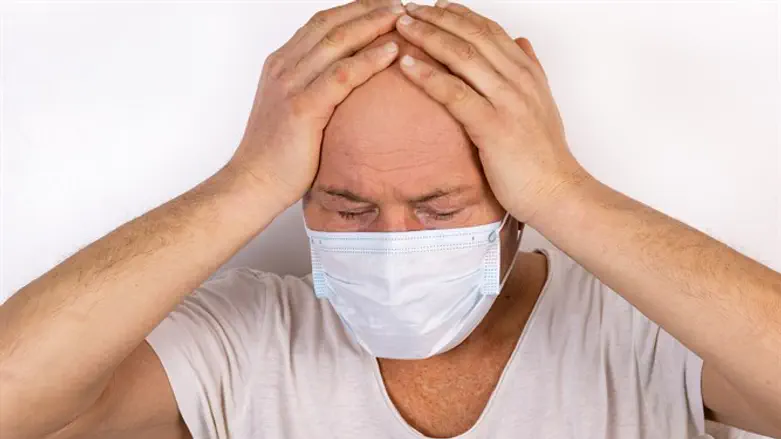
By the end of last year, the door to a dream had begun to crack open for Lilli Rayne.
She'd spent about five years building her dog-walking and pet-sitting business into a profitable venture in Asheville, N.C.
"My whole life had been entirely where I wanted it to be at that point," she recalls.
As she built her business, Rayne also left behind a history of less-than-stellar credit.
"For the first time in my life, I had a credit score that I could have finally bought a home with,"she says, a dream she'd had her entire adult life.
Rayne is in her late 30s, and in a good week, she was bringing in about $600. She had some savings and enough for a house payment.
Then, coronavirus. Between the drop in people traveling and the fact that so many are working from home, the demand for dog walkers is nearly nonexistent, Rayne says.
Nine months into the pandemic, her business has basically evaporated. Instead of looking forward to buying a house, she's now dodging calls from bill collectors.
Rayne's story is playing out across the country in the pandemic-induced downturn that's walloped working-class people. More than 10 million people are out of jobs, and some of the hardest hit industries are also among the lowest-paying, including retail, leisure, hospitality and tourism.
"A lot of these jobs are working-class, blue-collar jobs. And the loss of these types of jobs has been devastating," says Michelle Holder, an economics professor at John Jay College of Criminal Justice of the City University of New York.
There are the lost wages. But losses beget further losses and the devastation compounds, Holder explains.
"For people who lose their jobs, they are at risk of losing their homes. They're at risk for food insecurity," she says. "If they have children, their children are at risk for the same things."
More than 50 million people in the U.S. will experience food insecurity by the end of 2020, an increase of more than 13 million from 2018, according to Feeding America, a national network of 200 food banks.
Rayne has woven together a safety net since her business fell apart. She receives $192 a month in SNAP benefits to buy groceries. She also relies on the $500 in Social Security survivor benefits she began to receive after her father's death before the pandemic. Her mom pays her phone bill.
"I don't like relying on my mother. She makes very limited income herself," Rayne says. "I'm an adult. Thirty-nine years old. I should be able to pay my phone bill."
But Rayne says that her safety net is fraying. She's maxed out several credit cards and has started to take out payday loans to cover bills. She fears some of the holes in her safety net have grown big enough to fall through.
"My bank account has $4 in it right now," Rayne says. "I would love the people in Washington who have decided not to give us more stimulus money to see what it's really like to live like this."
